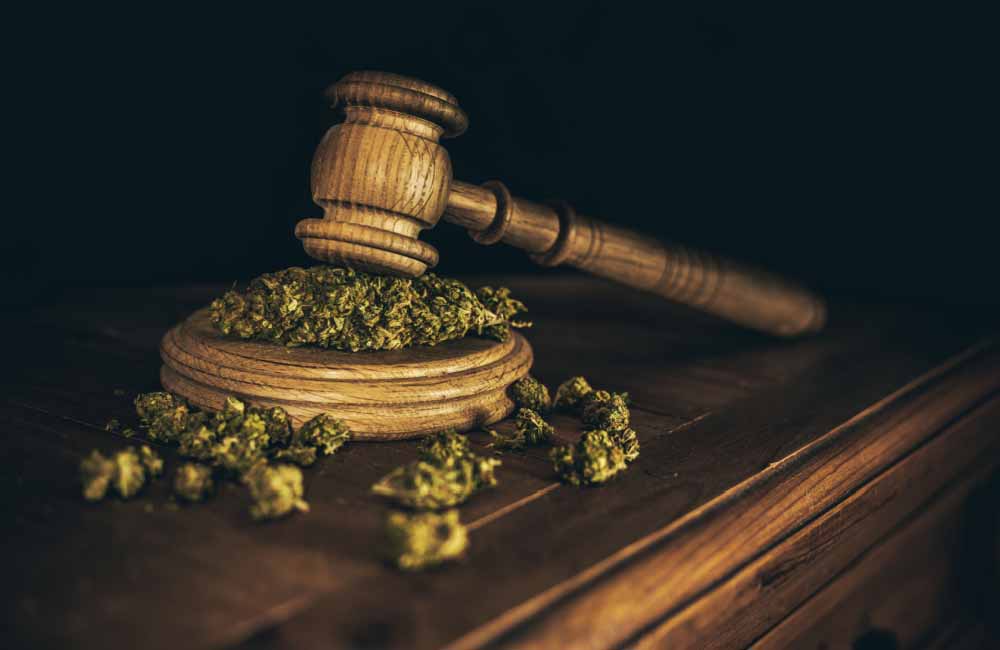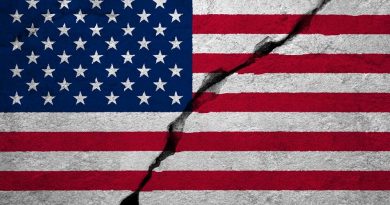NORML Director Calls For Removing Cannabis From Schedule I
With Republicans now in control of the U.S. House of Representatives, most experts have written off the chance of federal legalization of cannabis anytime in the near future. However, the deputy director of pro-marijuana non-profit NORML (National Organization for the Reform of Marijuana Laws) recently called for the U.S. Justice Department to recommend that the government consider at least removing cannabis from Schedule I.
In his opinion piece, Paul Armentano, deputy director of NORML, said that cannabis never should have been included as a Schedule I drug (it’s been classified that way under the Controlled Substance Act since the 1970s). President Joe Biden ordered the U.S. Justice Department to review the matter last year.
“I believe that the only productive outcome of the current scheduling review would be a recommendation to deschedule cannabis – thereby removing it from the Controlled Substances Act altogether and providing states with greater discretion to establish their own distinct marijuana policies,” Armentano wrote.
Removing Cannabis from Schedule I Would Correct a Wrong
Congress placed cannabis on Schedule I when it enacted the Controlled Substance Act (CSA) in 1970. Schedule I is the most restrictive category under the CSA. Substances on the list must possess a high potential for abuse, have no accepted medical use in the United States, and lack “accepted safety for use…under medical supervision.”
Most experts agree cannabis does not meet these standards. Substances that do not meet them are sometimes classified lower on the list. For the most part, these drugs are only available for use through prescription by a doctor.
Armentano correctly pointed out that Congress has never classified alcohol and tobacco, “two substances acknowledged to possess far greater dangers to health than cannabis,” under the CSA. He also noted the same is true for over the counter cold medicines and dietary supplements.
“This is why state governments possess greater flexibility to regulate the production and sale of these products,” he wrote. “With respect to alcoholic beverages, for instance, states are the primary decision-makers regarding who sells these products, where they may be sold, and what types of products are and are not permissible.”
He argued that Congress should give states the same control when it comes to cannabis.
Removing Cannabis From Schedule I Instead of Reclassifying
Armentano said that reclassifying cannabis lower on the schedule will not solve the issue. First, he argued that rescheduling cannabis would continue to misrepresent the plant’s safety relative to other controlled substances.
“But more importantly, rescheduling marijuana fails to provide states with the explicit legal authority to regulate it within their borders free from federal interference,” he wrote. “Simply put, federally rescheduling cannabis does nothing to address the growing and untenable divide between state and federal cannabis laws.”
It remains unknown what the Justice Department will recommend. However, U.S. Attorney General Merrick Garland said in March that the department is “still working on a marijuana policy” and that his approach will come close to the approach in the Cole Memorandum.
That policy, created during the Obama Administration, called for federal prosecutors to not interfere with state cannabis laws. However, then-Attorney General Jeff Sessions rescinded the Cole Memorandum during the Trump Administration. Sessions was known as anti-legalization, famously saying once that “good people don’t use marijuana.” In reaction, one company later named rolling papers after him.




